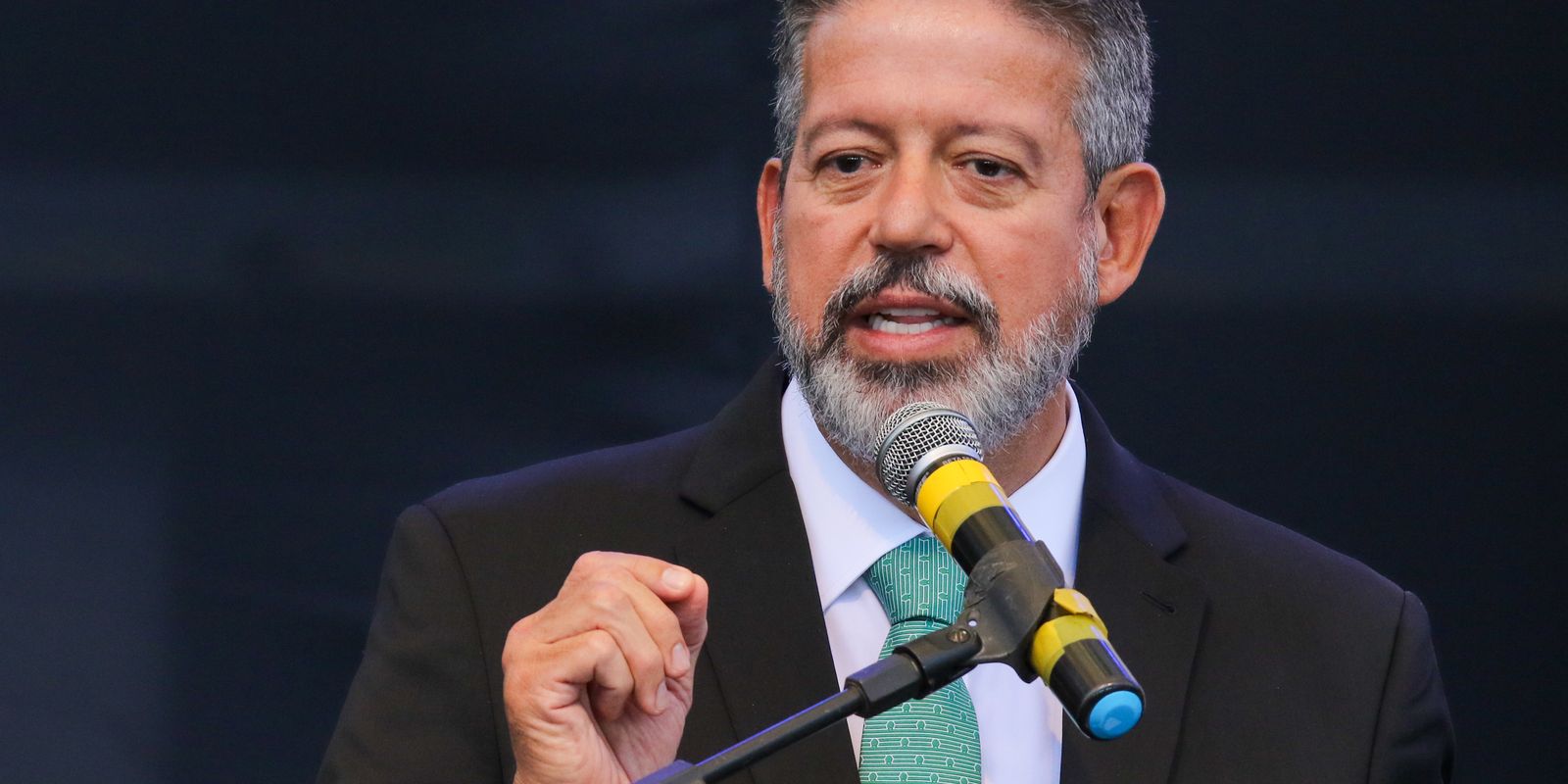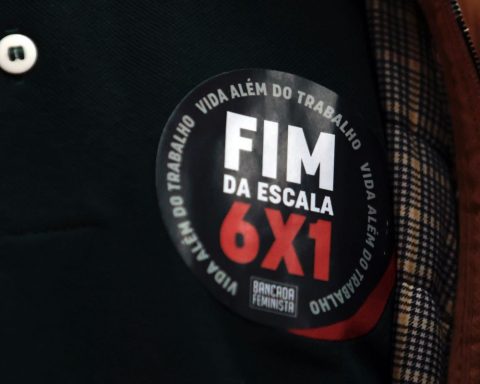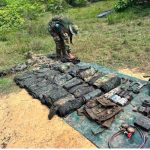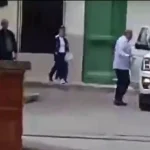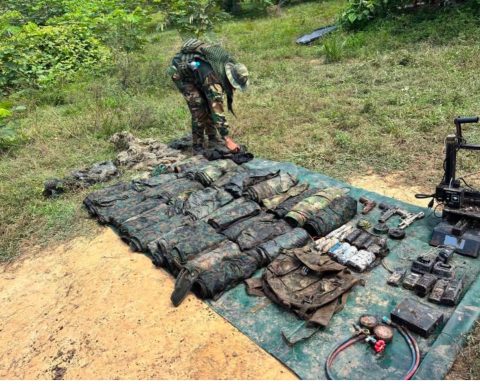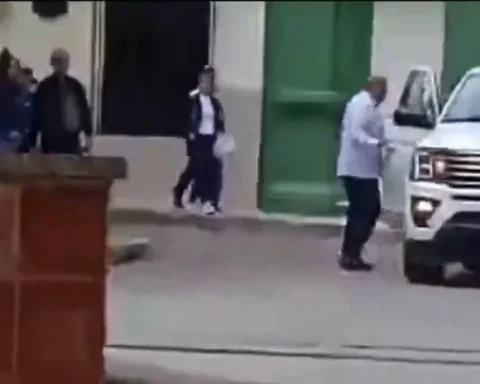With quotes from impeachment of deputy Márcio Moreira Alves during the military dictatorship (1964-1985), the president of the Chamber of Deputies, Arthur Lira (PP/AL), came out in defense of federal deputies Marcel van Hattem (Novo/RS) and Cabo Gilberto Silva (PL/PB) on the night this Tuesday (26). Both were indicted by the Federal Police (PF) for slander and defamation against a PF delegate in speeches given in the Parliament gallery.
The president of the Chamber highlighted that he does not go into the merits of the parliamentarians’ speech, but stressed that speeches in the Chamber’s rostrum cannot be curtailed, and cited the case of deputy Moreira Alves, impeached after giving a speech in 1968, denouncing the dictatorship . Days later, the regime issued Institutional Act nº5 (AI-5), suspending political and individual rights and guarantees in the country.
“I recall here the case of deputy Moreira Alves, who, during the military regime, was the target of retaliation precisely for his courage in defending democracy and citizens’ rights. His impeachment, based on speeches made in the sacred tribune of this House, marked one of the darkest episodes in our legislative history and serves as a constant warning to us. Those who try to restrict our freedom of legislative expression ignore the profound damage that this practice causes to the Democratic Rule of Law”, stated Lira.
The president of the Chamber also said that he views with great concern the indictment of parliamentarians for speeches given in the gallery, defended the material immunity of deputies and stated that he will take measures to defend the prerogatives of the House.
“The fundamental right to debate and criticism in the gallery cannot be curtailed by threats of judicial or police persecution. Parliament is not and cannot be the target of external interference that would impede the free exercise of its mandate”, highlighted the President of the Chamber, adding that “our voice is the voice of the people, and it will not be silenced”.
Slander and defamation
Representative Marcel van Hatten said that he was indicted for slander and defamation when he stated, in August this year, that delegate Fábio Alvarez Shor was defrauding the investigations against the former presidential advisor in the Jair Bolsonaro government, Filipe Martins, arrested for an alleged attempt of a coup d’état.
“I want people to know, yes, who this so-called federal police officer is who made several absolutely fraudulent reports against innocent people, including Filipe Martins,” Hatten said from the stand while holding a photo of the PF delegate.
Representative Cabo Gilberto Silva said that he was also indicted for “complaints in the Chamber of Deputies’ gallery regarding the conduct of delegate Fábio, who is in charge of several illegal investigations against innocent Brazilians”.
When contacted, the Federal Police informed that it does not comment on ongoing investigations.
Art. 53
Representative Arthur Lira and the indicted deputies cite, in their defenses, Article 53 of the Constitution, which defines that “deputies and senators are inviolable, civilly and criminally, for any of their opinions, words and votes”.
The jurisprudence of the Federal Supreme Court (STF), however, provides for some limits to parliamentary immunity. In the inquiry that investigates the alleged criminal organization created to attack the STF and the Brazilian electoral process, the so-called fake news inquiry, Minister Alexandre de Moraes says that “the Court’s jurisprudence is peaceful in the sense that the constitutional guarantee of parliamentary immunity material only applies if the statements are connected to the performance of the legislative function or are given as a result of this; it is not possible to use it as a true protective shield for the practice of illicit activities”.
In another trial, in 2020, the then STF minister Marco Aurélio stated that “parliamentary immunity presupposes a causal link with the exercise of the mandate”.
“Statements made in a context unrelated to parliamentary functions are not covered by material immunity”, argued the minister at the time.
In a case res judicata in 2017, STF minister Rosa Weber considered that “the verbalization of parliamentary representation does not include personal offenses, via insults or licentiousness of speech”.
Other statements by the STF on the parliamentary immunity provided for in Article 53 can be consulted at STF page.
